IRF Assisting in development sustainable asphalt road technologies
This is an important project as reducing energy consumption is a major challenge and responsibility for the construction industry. This is not just because of the rising prices of fossil fuels, but also because of the ecological impact of the associated emissions of CO2 and other greenhouse gases (GHG).
CYCLING TO GREENER CITIES
The promotion of cycling as a mode of transport has been on the transport agenda of governments and cities around the world for many years. Many cities have implemented large scale cycling infrastructure projects notably in Europe, South America, Asia and North America, supplemented by comprehensive awareness and educational programmes for drivers and cyclists alike. Cycling is an ideal way of travelling in cities over short to medium distances for a variety of trip purposes such as commuting, serving as feeder system to public transport, to shops and schools, for leisure trips and tourism. Custom built bicycles and tricycles are also being used in many parts of the world to transport goods, passengers (so called pedicabs) and patients to clinics…..
Environmental Legislation Guideline Document for Asphalt Manufacture and Road Construction
27 January 2012
Executive Summary
The development of a guideline document on South African national environmental legislation relevant to roads/asphalt construction has been requested by SABITA in order to assist in mitigating the risks of regulatory compliance issues. Given the fact that legislation is amended over time, this document is deemed to require updates from time to time.
